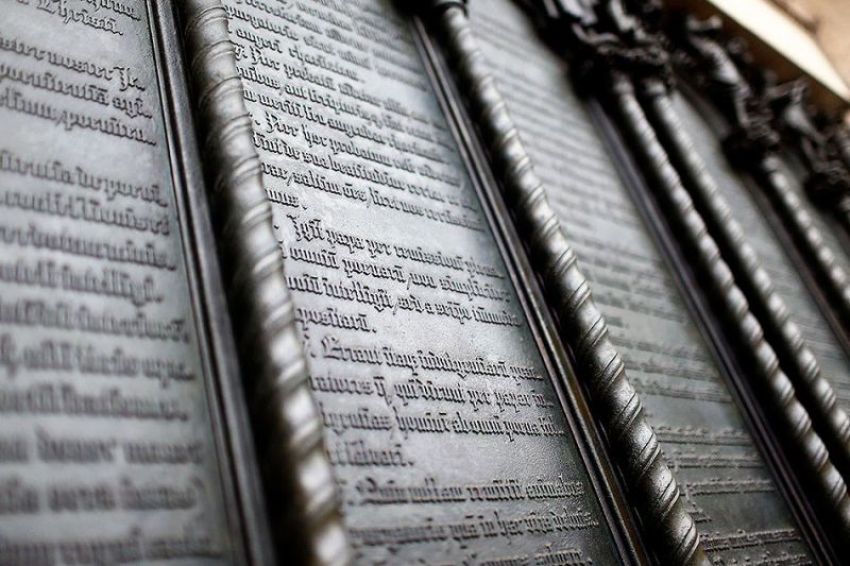Gospel Coalition Lists 9 of the Biggest Challenges Facing the Church as the Reformation Turns 500

The Gospel Coalition has listed nine of the greatest challenges facing Christianity worldwide, as believers marked the 500th anniversary of the Reformation.
Kevin DeYoung, chairman of the board of The Gospel Coalition, and senior pastor of Christ Covenant Church in Matthews, North Carolina, wrote in an article on Tuesday that Christians cannot be blind to the major issues, which he listed as: "Secularization in the former countries of Christendom, opposition to biblical orthodoxy in the West, and increasing violence against the church in parts of the Middle East, North Africa, and South Asia."
DeYoung continued: "Theological heterodoxy holds sway in too many places, as do grinding poverty (on the one hand) and affluent indifference (on the other). And this is to say nothing of rising racial tensions, widespread nominalism, and the plight of those — numbering in the billions — who have no access to the Gospel."
Still, he said that the 500th anniversary of the Reformation, observing the day on Oct. 31, 1517, when Martin Luther posted his 95 Theses to the door of the Castle Church in Wittenberg, Germany, needs to be celebrated.
"We give thanks for Luther, flawed and fallible though he was, for the role he played in igniting a reform movement that caught fire in the cities of the Holy Roman Empire, spread through the rest of Europe, and now reaches to the ends of the Earth," he wrote.
"Wherever we find Scripture alone as the highest and final authority, grace alone as the only hope for resurrecting spiritually dead sinners, faith alone as the only instrument by which we are joined to Christ and justified by the imputation of his righteousness, Christ alone as the only atoning sacrifice for sin, and God alone as the ultimate object of our worship — wherever we find these truths sung, savored, and celebrated, we have reason to rejoice in the Reformation."
Various churches, denominations and organizations within the Christian world have been observing the Reformation in their own way this week.
Christian think tank the Jubilee Center led a large project focused on publishing a new list of 95 thesis in a re-enactment of Martin Luther's action.
The new 95 thesis, which can be read online, were organized into various categories, from arts and entertainment to ecology and environment, law and justice, technology and others.
The Jubilee Center has said that its hopes behind the project are for society to move forward positively and discuss the issues together.
The Roman Catholic Church meanwhile issued a joint statement with the Lutheran World Federation on Tuesday, giving thanks for the 'spiritual and theological gifts' that resulted from the Reformation.
"Among the blessings of this year of Commemoration is the fact that for the first time Lutherans and Catholics have seen the Reformation from an ecumenical perspective. This has allowed new insight into the events of the 16th century which led to our separation," the joint statement read.
"We recognize that while the past cannot be changed, its influence upon us today can be transformed to become a stimulus for growing communion, and a sign of hope for the world to overcome division and fragmentation. Again, it has become clear that what we have in common is far more than that which still divides us," it continued.
Jerry Walls and Ken Collins, authors of Roman But Not Catholic: What Remains at Stake 500 Years After the Reformation, told The Christian Post in an interview in October that conversation about difficult questions that have divided believers for centuries are deeply needed.
Walls told CP that Christians are going to come together united only when Jesus Christ is at the center, and when "all traditions recognize and respect each other fully as brothers in Christ, welcoming each other at the communion table, not because of your views of ecclesiology or sacramental theology but because of your commitment to Christ and your recognition that as followers of Christ he has called us to celebrate this together as a sign of unity."



























